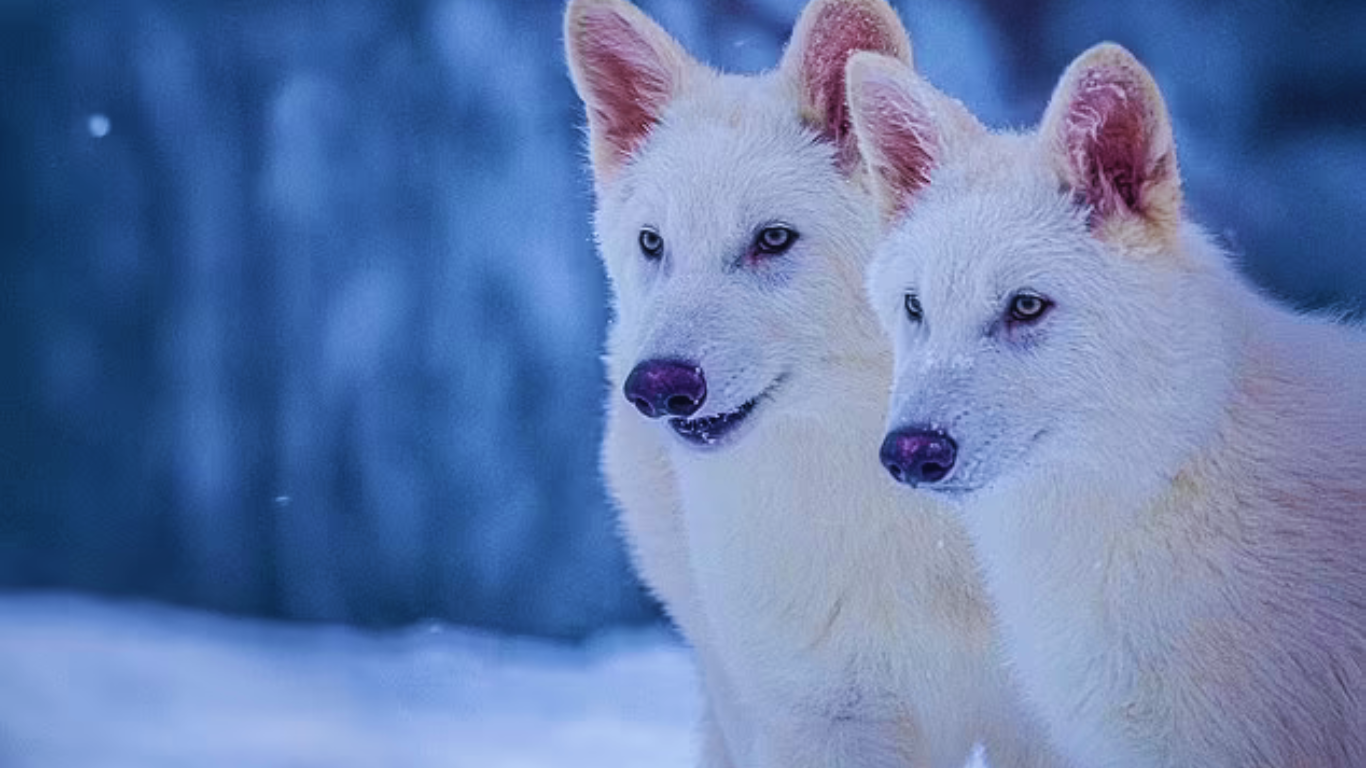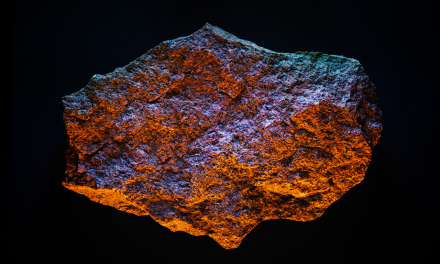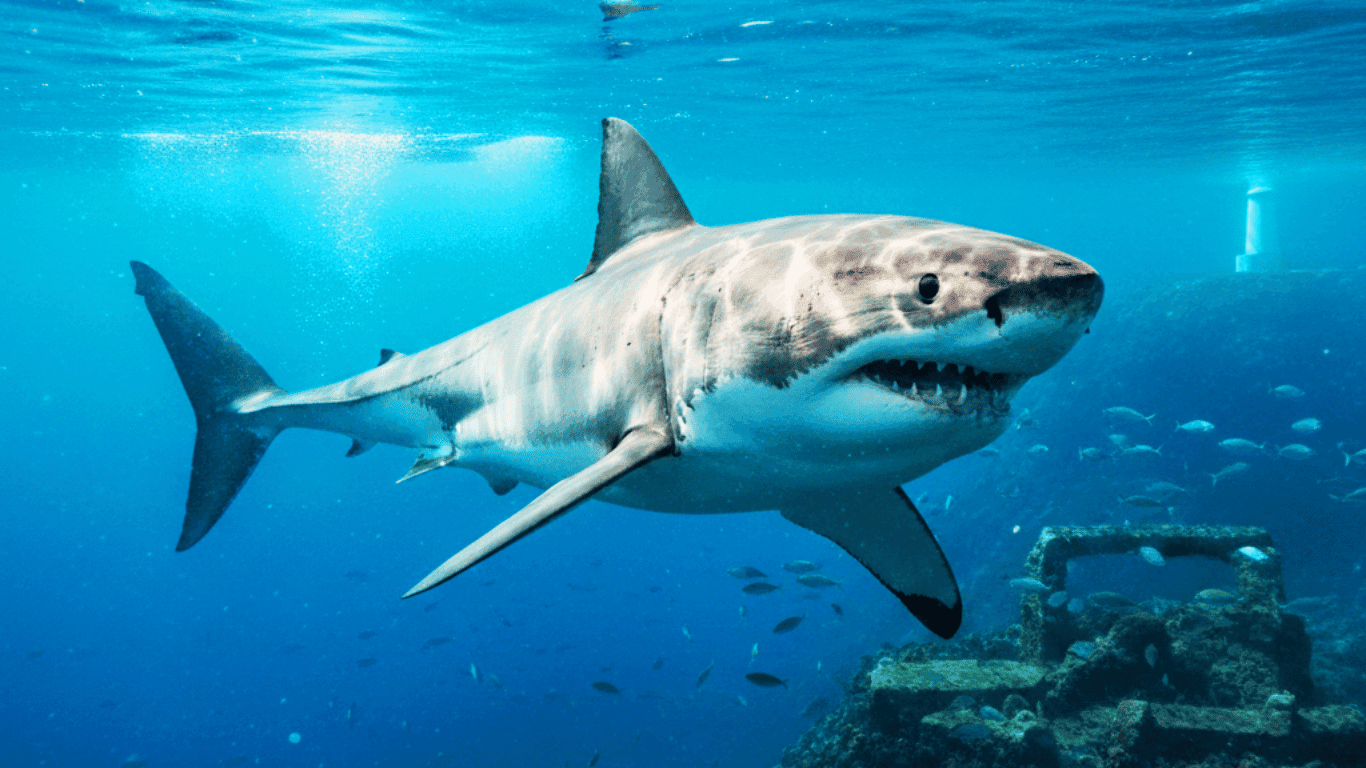In a landmark announcement, scientists have successfully achieved the de-extinction of an animal species for the first time, bringing the formidable dire wolf back into existence. Colossal Biosciences, a pioneering genetic engineering company, has announced the birth of three healthy dire wolf pups, marking a monumental step in the field of biotechnology and conservation. The pups have been affectionately named Romulus, Remus, and Khaleesi, paying homage to the iconic creature popularized by the HBO series “Game of Thrones.”
The dire wolf, a powerful predator that once roamed North and South America, vanished approximately 12,000 years ago, likely due to the disappearance of its primary prey. Now, through cutting-edge genetic engineering, Colossal Biosciences has managed to resurrect this extinct species. The company’s team extracted ancient DNA from fossilized remains of dire wolves, specifically a 13,000-year-old tooth discovered in Sheridan Pit, Ohio, and a 72,000-year-old inner ear bone from American Falls, Idaho. This ancient DNA was then meticulously sequenced and reassembled using Colossal’s innovative approach, resulting in an unprecedentedly detailed understanding of the dire wolf genome.
To bring the dire wolf back, scientists compared its genetic code with that of the gray wolf, its closest living relative. They then utilized a sophisticated cloning technique called somatic cell nuclear transfer. This process involves taking DNA from a somatic cell (a body cell) of a donor animal – in this case, the engineered dire wolf cells – and inserting it into a donor egg cell that has had its own DNA removed. The resulting embryos were then transferred to surrogate mothers, which successfully carried the pregnancies to term. In October 2024, three healthy dire wolf pups were born and are now thriving in a secure, expansive ecological preserve spanning over 2,000 acres in the United States.
This groundbreaking achievement is not Colossal Biosciences’ first foray into the realm of de-extinction. The company previously made headlines with the creation of a ‘woolly mouse’ by engineering rodents to grow thick, warm coats using mammoth DNA. Their ultimate ambition is the revival of the woolly mammoth, with plans to introduce the creature back into the world by late 2028. The success with the dire wolf serves as a significant milestone in their journey, demonstrating the viability and potential of their de-extinction technologies.
Dr. Beth Shapiro, Colossal’s Chief Science Officer, emphasized the significance of their novel approach to ancient genome reconstruction, stating that it “sets a new standard for paleogenome reconstruction.” This advancement, combined with improved techniques for recovering ancient DNA, has allowed them to resolve the evolutionary history of dire wolves and establish the genomic foundation necessary for their de-extinction. The team specifically edited 15 extinct dire wolf genetic variants into the genome of gray wolves, effectively creating animals that express genes that have been dormant for over 10,000 years.
The de-extinction of the dire wolf is hailed as a transformative event with profound implications for both science and conservation. Dr. Christopher Mason, a scientific advisor and board member for Colossal, believes that the technologies used to bring back the dire wolf can be directly applied to saving a variety of other endangered animals. This achievement represents an extraordinary leap in genetic engineering and offers a powerful tool for the preservation of life, both extant and extinct, showcasing the immense potential of biotechnology in protecting our planet’s biodiversity.
Colossal Biosciences has secured $200 million in funding, which will further support their de-extinction efforts, particularly the ambitious project to bring back the woolly mammoth. While the exact reasons for the dire wolf’s extinction remain a subject of scientific inquiry, with theories ranging from climate shifts to overhunting, the successful revival of this iconic predator marks a new era in human stewardship of life, offering a glimpse into a future where extinction might not be a permanent end. Colossal CEO Ben Lamm remains optimistic about their progress, stating his confidence that the first woolly mammoth calves will be born within the next few years, further solidifying the company’s mission to make extinction a thing of the past.















